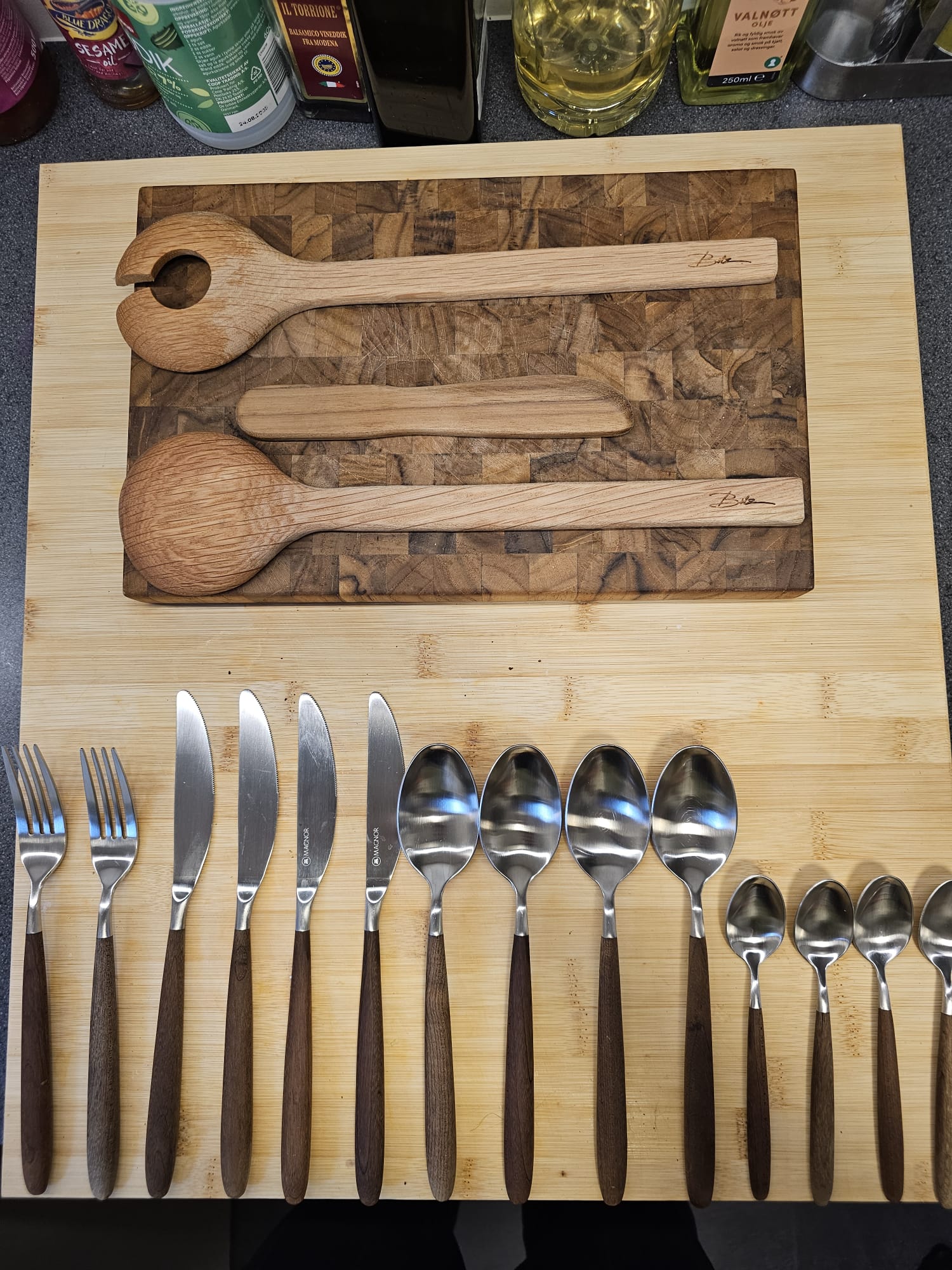this post was submitted on 04 Feb 2024
100 points (100.0% liked)
Woodworking
6115 readers
4 users here now
A handmade home for woodworkers and admirers of woodworkers. Our community icon is a planter box made by @Captain Aggravated, the winner of our summer '24 woodworking contest. Congratulations!
founded 1 year ago
MODERATORS
you are viewing a single comment's thread
view the rest of the comments
view the rest of the comments

I would not use oil based (as in crude oil) stuff for food. They also do not harden, which is a big plus for linseed oil. Linseed oil has been used for hundreds of years, we know it is good for this job.
Also, the oil going rancid is how it hardens. But unlike cooking oil linseed oil does not smell bad or stay tacky or whatever.
Good to know! I'll try to find that here asap. How often do you recommend doing this for the items in the picture?
Also beware that in the US what you might find as linseed oil is actually not pure linseed oil and contains all kinds of hardeners and evaporative ingredients to help it cure faster for furniture use. This kind is NOT food safe.
I have been using very light coats of flax seed oil which is designed for cooking on my wooden utensils and cutting boards with good success. You can also use a purpose designed cutting board wax like beeswax for utensils.
Be careful with linseed oil, the rags/paper towels you use to rub the oil on can spontaneously combust hours after you’ve thrown them away. Dispose of them properly and you’ll be fine.
Not often. Depending on how often you use them and how you then clean them, obvious, but roughly every year should be fine.
Google boiled vs natural linseed oil before deciding! 👍